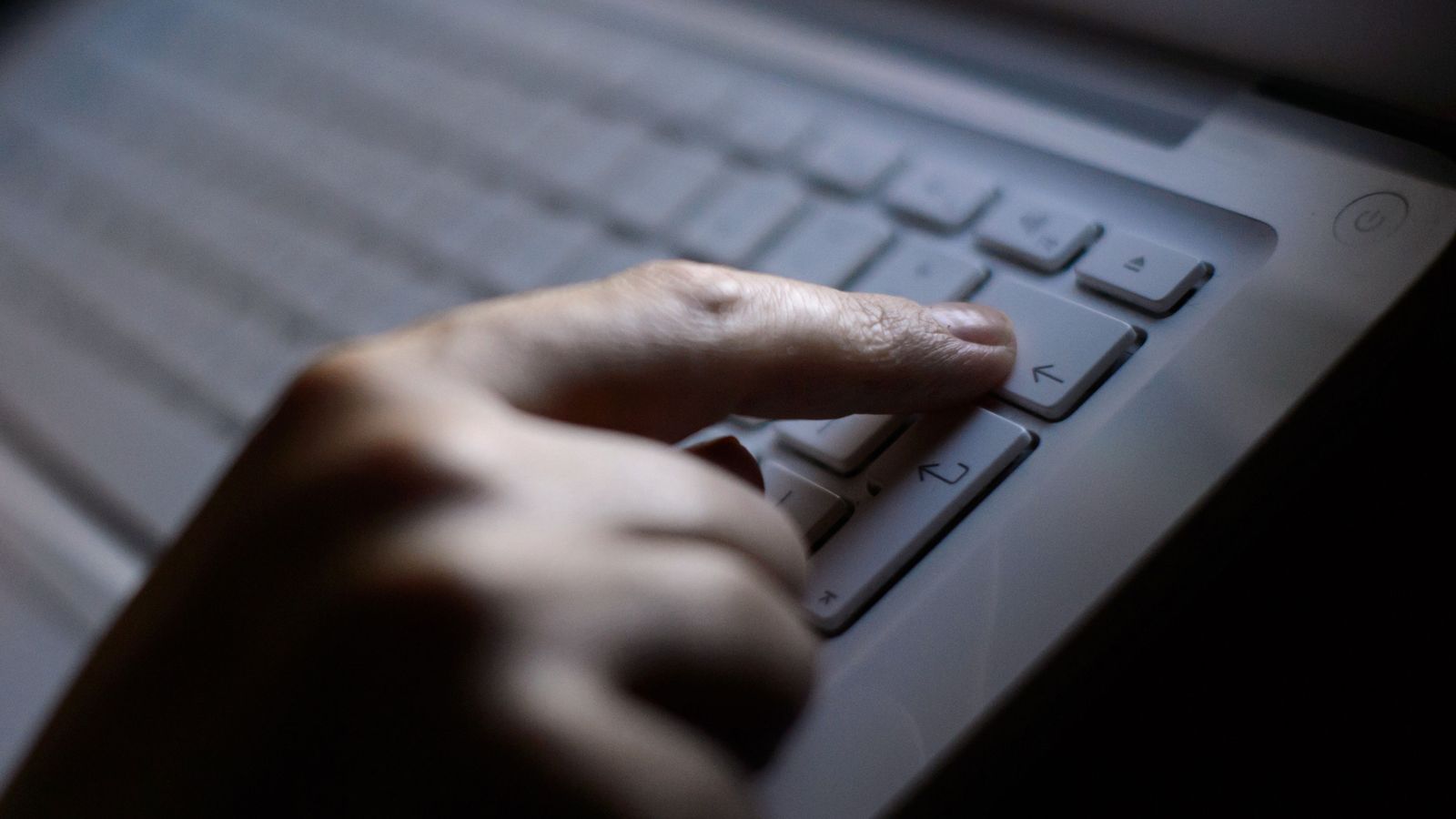The government has been urged to close a loophole that allows child abusers to openly share images of victims on social media.
Charities are warning that selectively taken clips from well-circulated abuse videos that do not include the moments of abuse are being used to create so-called “tribute pages”.
They are calling for the digital secretary, Nadine Dorries, to amend the government’s new Online Safety Bill to ban this content which features known survivors of sexual exploitation.
Why isn’t this content being taken down?
Social media platforms refuse to take down these “carefully edited abuse videos because they don’t meet a criminal threshold,” said Andy Burrows, head of child online safety policy at the NSPCC.
“We know abusers are using social media as a shop window to advertise their sexual interest in children, connect with other offenders, and post digital breadcrumbs to guide them to child abuse content, all in plain sight of platforms,” added Mr Burrows.
Interactions with these pages are on the rise, according to a threat intelligence report published earlier this year by the WeProtect Global Alliance.
COVID-19: Three doses of Pfizer vaccine can ‘neutralise’ Omicron variant, lab test shows
PS5 and Xbox stock: Inside a full-time scalping operation keeping consoles off shelves this Christmas
Dogs know up to 215 words and phrases, study finds
The report found these interactions increased threefold from 2020 to 2021, and said the tactic of misappropriating victims’ identities re-victimises the survivors of child sexual exploitation.
“Between January 2020 and March 2021, Crisp identified 3,324 pieces of content that referenced known survivors or commercial websites,” the report said.
“On average each piece of harmful content then generated more than 2,000 interactions (likes, comments, etc.), causing a multiplier effect and reaching many more offenders.”
Much of the material being referenced was linked to original offences that occurred and were recorded more than a decade ago, the report said.
What can the government do about it?
Mr Burrows told Sky News: “It’s astounding that action is not taken against sickening ‘tribute’ pages that hijack the identity of children who have been abused.”
He warned that “in its current form the Online Safety Bill will fail to address this”, and mean that these pages – which appear innocuous to observers who aren’t familiar with the original abuse material – would continue to spread.
“But the Culture Secretary Nadine Dorries has the opportunity to put this right by strengthening the legislation, so Ofcom can take action against firms that allow this content that facilitates abuse to proliferate on their sites,” he added.
A government spokesperson was unable to immediately respond to Sky News’ request for comment.
A draft of the Online Safety Bill is currently being scrutinised by a parliamentary committee. Major amendments have been pledged by Ms Dorries once the committee reports back within the next week.






















